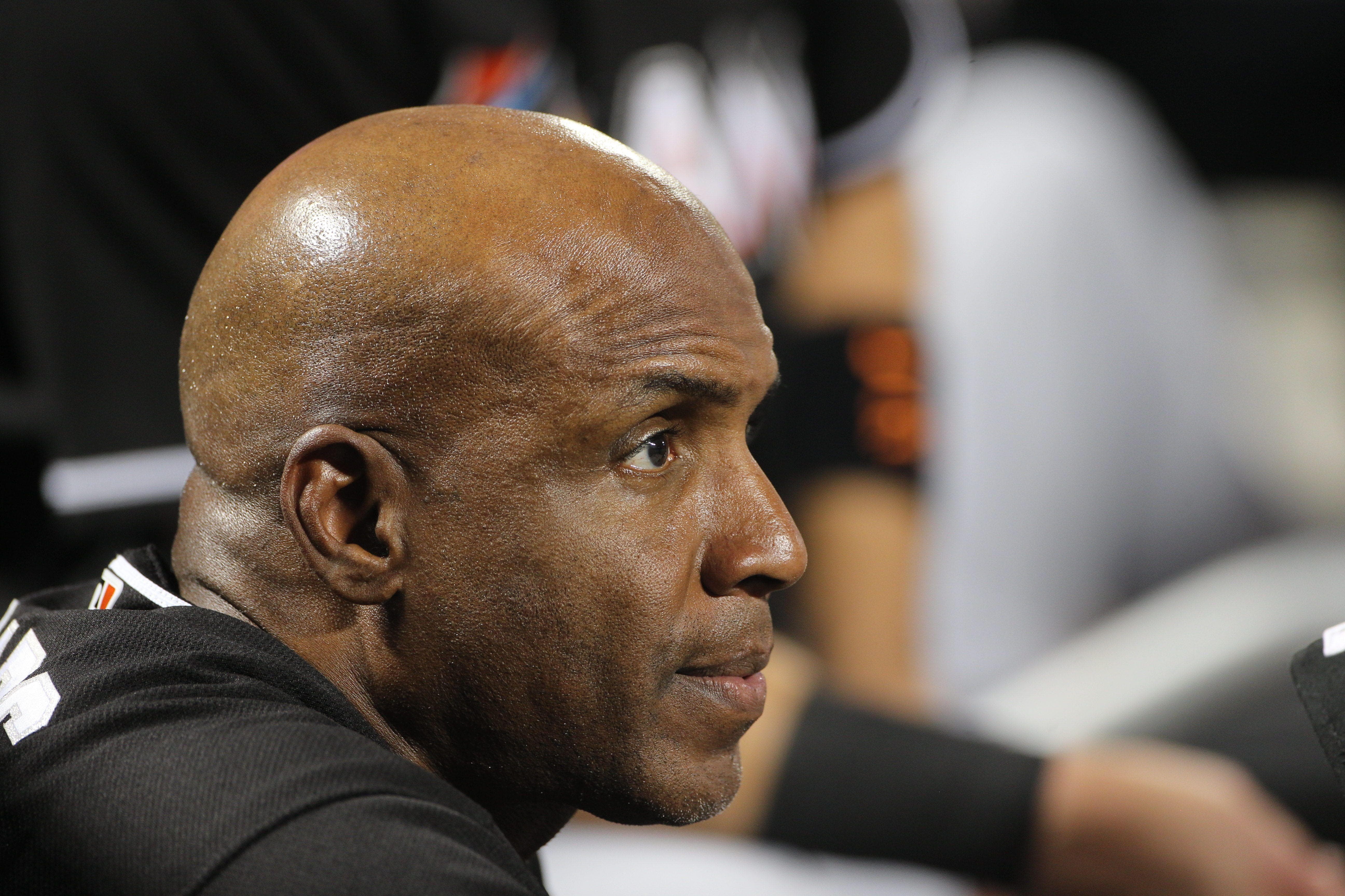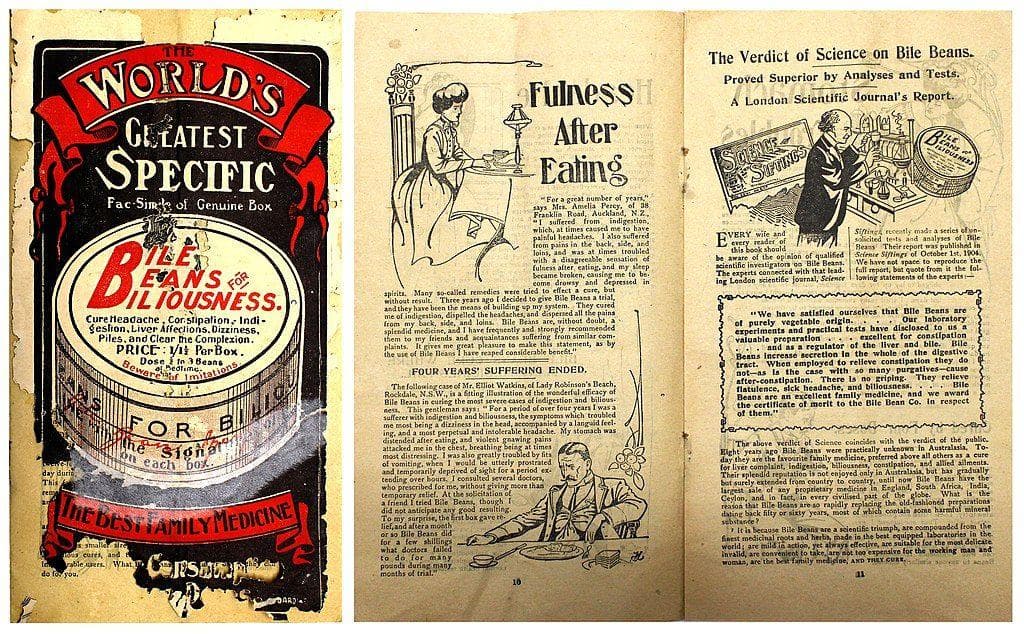-
(#7) Problems with the Placenta
The placenta is an incredible organ a woman grows during pregnancy to support a burgeoning fetus. Given that it’s grown especially for the job, the placenta provides essential support, passing nutrients from the mother to the fetus through the umbilical cord. Prescription drugs taken during pregnancy can alter the placenta, causing its blood vessels to narrow or reducing blood flow through it. When blood flow, oxygen, and nutrients from the placenta are decreased, a baby can be born with low birth weight or physical and cognitive underdevelopment. It can also restrict oxygen to the uterus, which can cause premature labor and delivery.
-
(#11) Breastfeeding While Under the Influence Is Harmful
When a mother breastfeeds, more than milk passes between her body and a newborn’s. Alcohol, drugs, nicotine, and caffeine can all make their way into breastmilk and pass to an infant. Given that livers aren’t fully developed, this can be damaging to a feeding baby.
A mom who uses drugs or alcohol also faces the inability to create breastmilk in the first place. Alcohol, for example, can impair oxytocin release, inhibiting the production of breast milk. Similarly, some studies have found that the THC in marijuana not only passes to a feeding infant, but can also limit milk production.
-
(#9) Bad Behavior Problems and Impulse Controls
A study by the American Pediatrics Association notes that drugs - especially cocaine - can lead to permanent brain abnormalities in a developing fetus, especially to the prefrontal cortex. That part of the brain is important for making executive functions. This means that children born with these prefrontal abnormalities often have difficulty with behavior self-regulation and control, increasing the risk for behavior and concentration problems. These issues can lead to a range of associated scholastic difficulties.
-
(#12) Babies Might Not Bond with Caregivers
Babies who have difficulties forming attachments with caregivers after birth suffer from “reactive attachment disorder” (RAD). For most infants, bonds with one or two primary caregivers are established by eight months of age. An infant can become distressed when the caregiver with whom they share a bond is away. However, some infants don’t receive adequate care when they should be developing bonds, and babies born to parents with alcohol or drug problems are especially likely to not receive the attention or bonds they need.
Failure to bond with an infant can create problems with relationships and behavior later in life, too. RAD can result in impulsive behavior, destructive or cruel actions, and learning problems and delays in children who have it.
-
(#4) Serious Heart Defects
According to the March of Dimes, drinking and drugs during pregnancy can increase a baby’s risk of being born with a heart defect. The range of the defects is pretty substantial: A baby born with a congenital heart defect might have issues with the heart’s shape, the heart’s functions, or both. These issues range from non-serious effects that don't impact day-to-day life to extremely dangerous heart complications. Critical congenital heart defects (CCHDs) require treatment within the first few hours or days of a baby’s life, and they can be deadly without the necessary treatment. CCHDs can cause a baby’s heart to have problems with blood flow, causing it to slow down, develop in the wrong place, or be completely blocked. Although heart defects occur in babies whose mothers did not abuse alcohol and/or drugs, these substances increase the risk of their development.
-
(#1) Distinctive and Often Deformed Facial Features Can Develop
Alcohol abuse during pregnancy can cause babies to be born with a set of distinctive facial features. One is microcephaly, a condition where a baby’s head is much smaller than normal. Microcephaly can be purely aesthetic with no associated developmental problems, but it can also mean the baby has an underdeveloped brain that stopped growing during the pregnancy with possible cognitive issues. Another disease caused by drinking that can affect a baby's appearance is fetal alcohol syndrome. Typically children with the syndrome have facial features including small eyelid openings, a short, upturned nose, a long distance from the nose to the upper lip, and a small, thin upper lip.
New Random Displays Display All By Ranking
About This Tool
As we all know, alcohol and drug use are absolutely prohibited during pregnancy. When a pregnant woman drinks alcohol, the alcohol will flow directly to the fetus through her blood. These babies may be born with Fetal Alcohol Spectrum Disorder, of which Fetal Alcohol Syndrome is the most serious disease. The drug is more likely to cause the child to suffer from drug addiction at birth, and it may also cause growth disorders, facial deformities, brain function problems, and developmental delays.
Alcohol and drugs can have lifelong effects on babies. The random tool reveals 13 terrible things that will happen to babies if pregnant women drinking or taking drugs.
Our data comes from Ranker, If you want to participate in the ranking of items displayed on this page, please click here.
















